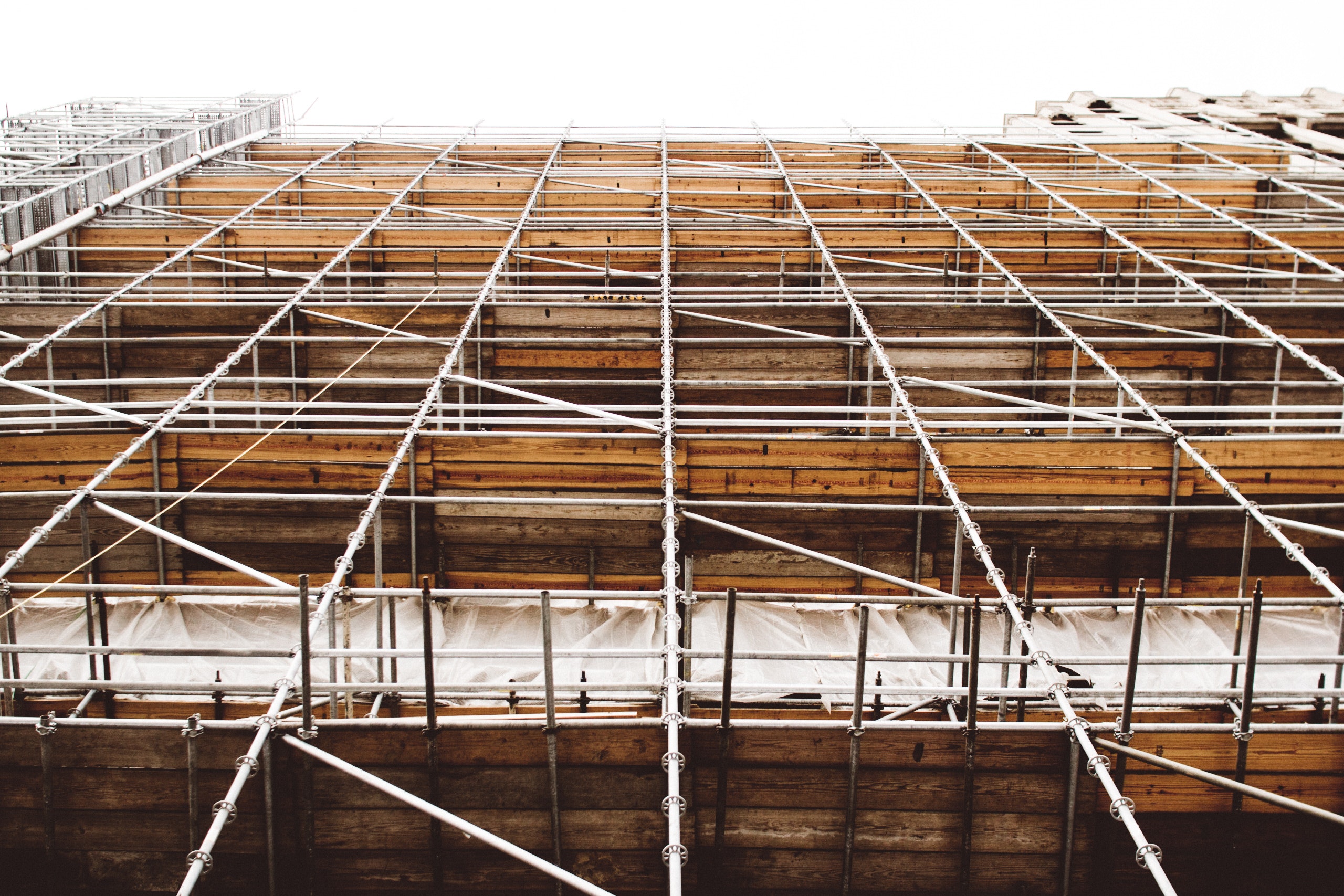Florida Construction and Design Defect Claims: Recent Changes in Filing Lawsuits
Reading Time: 4 minutes
In Florida, lawsuits involving construction and design defects are governed by a specific statute of limitations and repose period. See 95.11(3(c), Florida Statutes. If that lawsuit is not filed within the applicable time period, the lawsuit will be barred forever.
On April 13, 2023, Florida’s governor signed into law Senate Bill 360 that significantly amends and shortens the deadline for bringing these types of lawsuits. While the amendment to the statute (“Amendment”) still contains a four-year limitations period for such claims, the Amendment changes the repose period from 10 years to 7 years. Moreover, while the Amendment takes effect on April 13, 2023, it will not affect the time period for applicable lawsuits, as long as they are filed on or before July 1, 2024.
What is a statute of limitations and a statute of repose?
Statutes of limitation and statutes of repose are distinct but, as a general rule, serve as bars to lawsuits when not filed within the time parameters. One Florida court has described the difference between a statute of limitations and a statute of repose as:
Both statutes of repose and limitations operate to bar suits and claims in relation to specified time periods, they accomplish different purposes in doing so. A statute of limitations serves to require that a plaintiff with a known cause of action prosecute that claim diligently and within a predictable time that will allow for finality of claims prior to the potential loss of available evidence over time. In contrast, a statute of repose bars a suit after a specified time that is based solely on the actions of the defendant that gave rise to the claim. As a result, the time constraints of a statute of repose are wholly unrelated to when a plaintiff suffers or discovers an actual injury.
National Auto Centers, Inc. v. F/R 550, LLC, 192 So. 3d 498.
The statute of repose sets an outer limit, beyond which any claim can be initiated and are considered an absolute bar to the filing of the lawsuit. Id.
How Did the Amendment Change the Statute of Limitations and Statute of Repose?
The statute of limitation on a lawsuit founded on the design, planning, or construction of an improvement to real property is still four years. However, the Amendment changed the starting point for determining when such a claim accrues. Prior to the Amendment, that time period started from the later of the:
- date of actual possession by the owner;
- the date of the issuance of a certificate of occupancy;
- the date of abandonment of construction if not completed; or
- the date of completion of the contract or termination of the contract between the professional engineer, registered architect, or licensed contractor and his or her
The Amendment now provides that the time period begins to run on the earlier of nos. 2-4 above. If, however, the lawsuit involves a latent defect, that four-year start date runs from the time the defect is discovered or should have been discovered with the exercise of due diligence. The Amendment did not change the statute of limitations for lawsuits based on latent defects.
As for the statute of repose, the Amendment shortened that outside time period significantly from 10 year to just 7 years. In addition, the Amendment now provides that the lawsuit must be filed within the earlier of:
- the authority having jurisdiction’s issuance of a temporary certificate of occupancy (TCO);
- the issuance of a certificate of occupancy (CO);
- the issuance of certificate of completion; and
- the date of abandonment of construction of the project, if not completed.
Prior to the Amendment, the 10-year statute of repose ran from the later of actual possession by the owner; the date of the issuance of a certificate of occupancy; the date of abandonment of construction if not completed, or the date of completion of the contract or termination of the contract between the professional engineer, registered architect, or licensed contractor and his or her employer.
Conclusion
The amendment to the Florida Statutes governing the time limits for filing lawsuits pertaining to construction and design defects is significant. Contractors and design professionals should be aware of these changes to the law and consult counsel to ensure timely filing of such suits.


